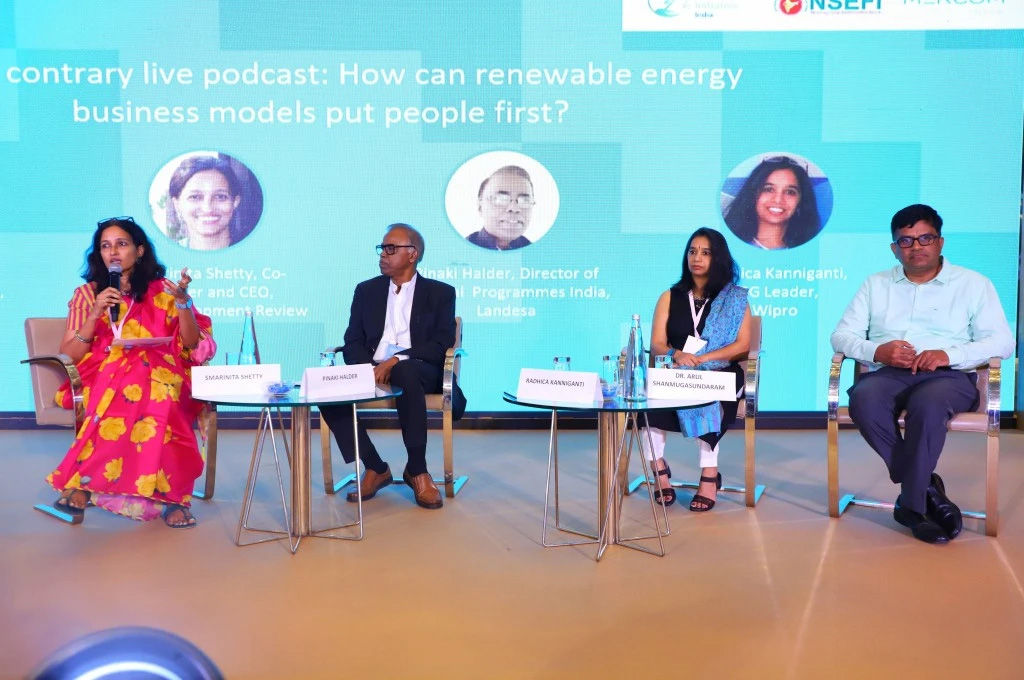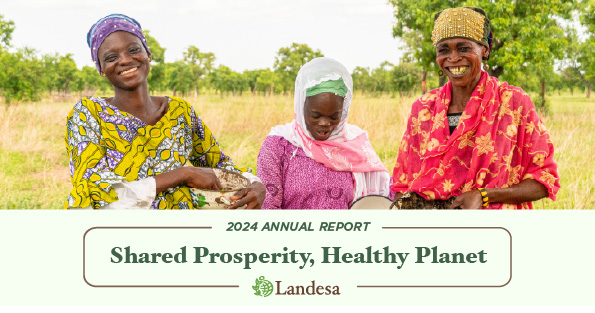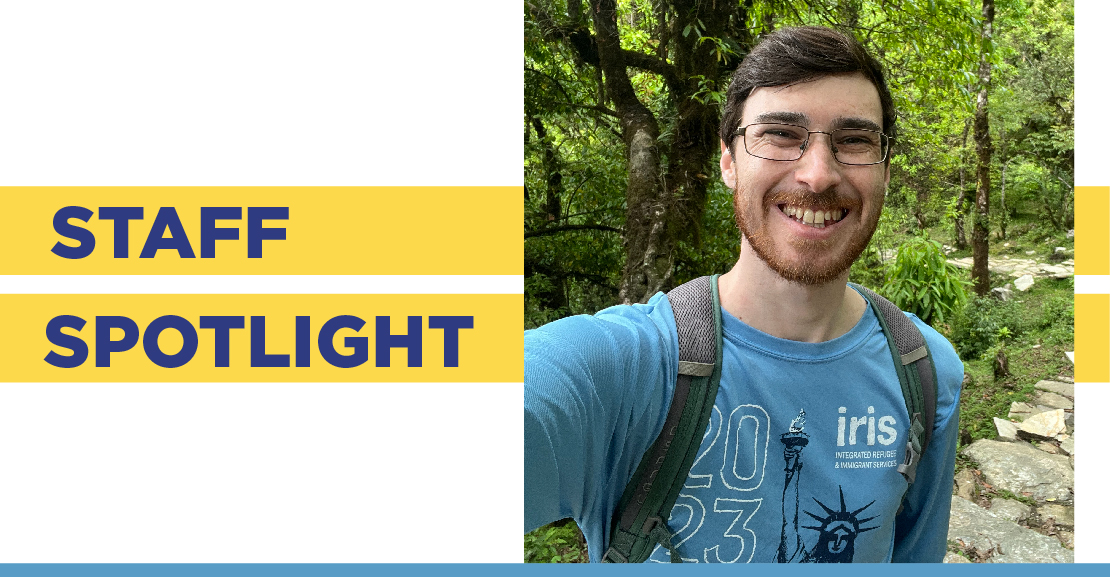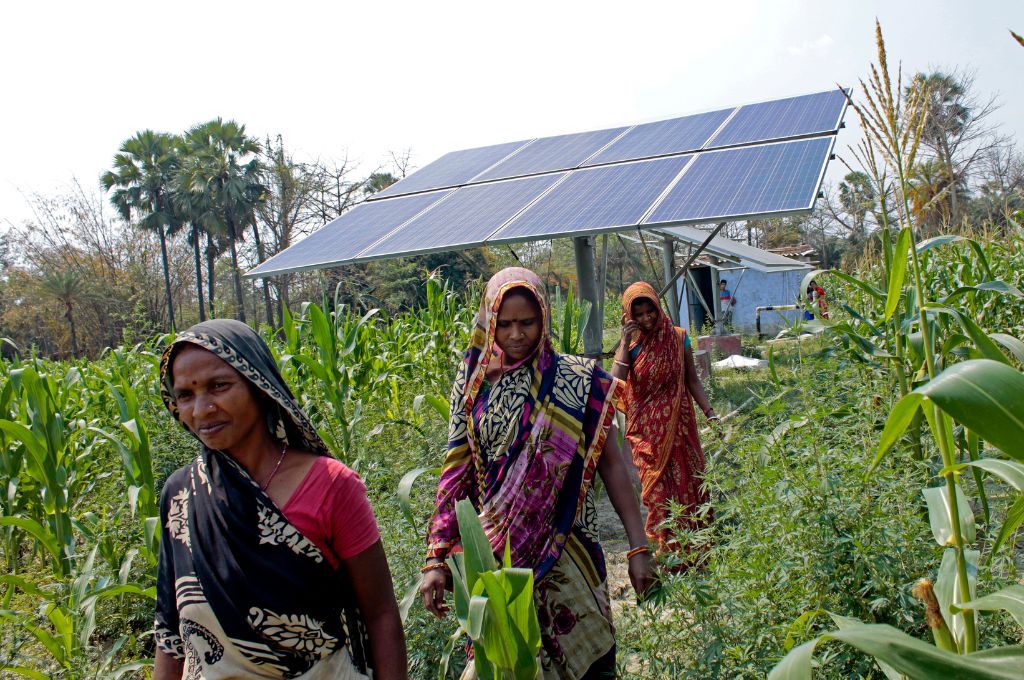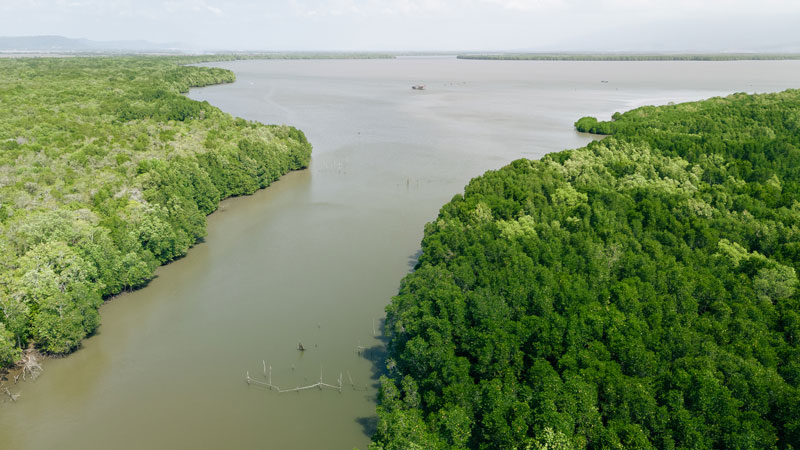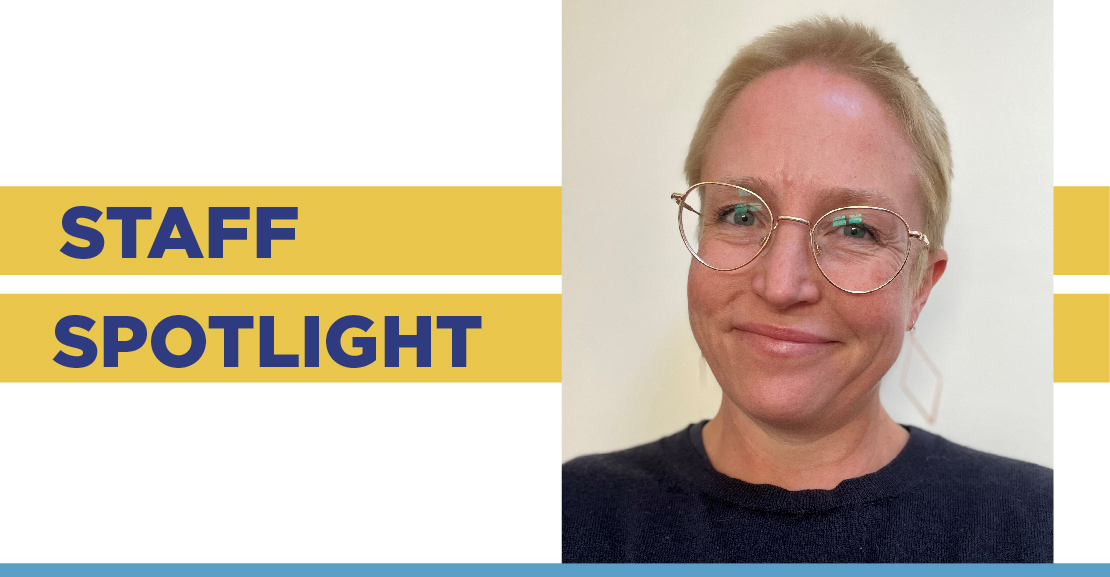News and Blogs
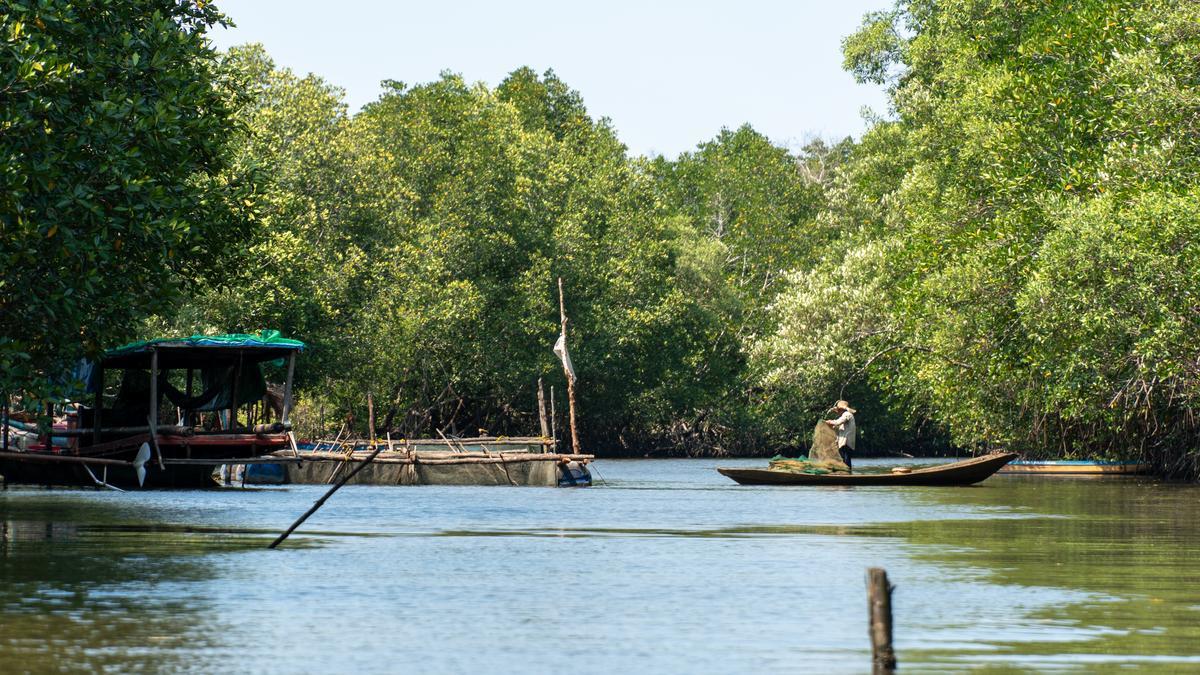
Featured Post
Forum for the Future — Landesa is part of the Responsible Energy Initiative (REI), a collaboration between industry and civil society to ensure renewable energy grows in a way that protects labor and human rights, restores ecosystems, includes communities in decision making, and strengthens local economies.
APN News — At the Third International Conference on Public Policy and Management in Patna, Landesa’s Pinaki Halder joined a high-level panel on SDG land indicators and the role of local institutions. The panel emphasized integrating land titles into Gram Panchayat Development Plans to strengthen land data systems and improve sustainable development outcomes.
Entrepreneur Loop — Landesa’s research on land and property rights is featured as a key structural factor shaping women’s entrepreneurship in India, underscoring how limited land ownership constrains access to capital and long-term business investment.
India Development Review — Landesa India’s Pinaki Halder spoke on a panel at the Responsible Renewable Energy Summit about what it would take to make renewable energy truly people-centric.
We are pleased to share Landesa’s 2024 Annual Report, which highlights our impact over the past year and introduces our 2025-27 Strategic Plan.
Meet Corey Creedon, Landesa’s Sustainable Land Use & Livelihoods Specialist based in the United States. Corey began working for Landesa in 2022.
IDR — Senior Land Tenure Advisor Pinaki Halder explores the challenges and strategies for responsibly acquiring and using land in India to meet the country’s renewable energy goals, while addressing the social and environmental impacts.
The lives of Chumpou Khmao’s residents are woven into the roots of their mangrove forests. With the support necessary to gain secure rights, they can steward their forests to flourish for generations.
Meet Jen Brown, Landesa’s Sr. Land Tenure Specialist based in Seattle, Washington. Jen started working for Landesa in 1998 and re-joined our team in 2018.
Global WA — Landesa’s Ayman Soliman explains that in order to close the gap on women’s land rights, we must challenge discriminatory social norms, empower grassroots women to lead, and finance solutions from the ground up.



